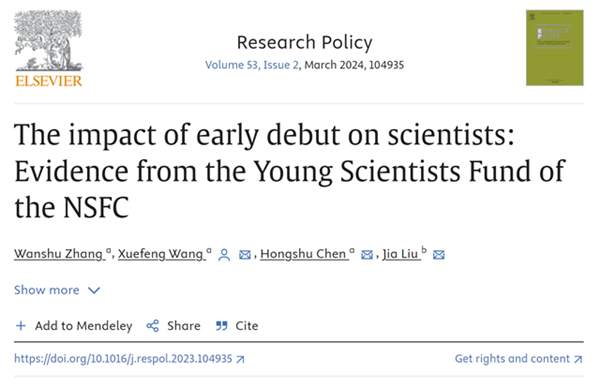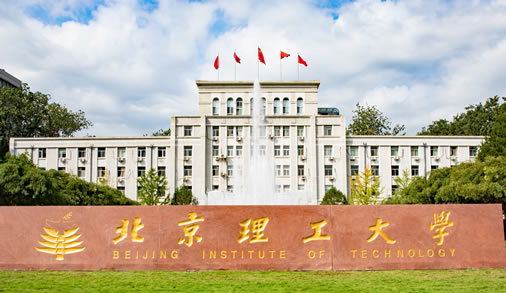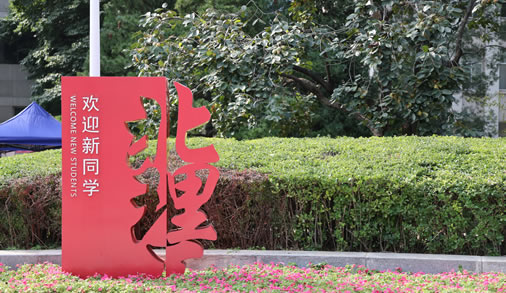

Updated: 2023-12-28

A paper titled "The Impact of Early Debut on Scientists: Evidence from the Young Scientists Fund of the NSFC," authored by Ph.D. student Zhang Wanshu, Professor Wang Xuefeng (corresponding author), Assistant Professor Chen Hongshu from the School of Management and Economics at the Beijing Institute of Technology (BIT), and Professor Liu Jia from the Communication University of China, was recently published online in the international top journal Research Policy (FT50, ABS 4*).
This marks the first time that the BIT has published a paper in this journal with the first author and the corresponding author affiliation, signifying a breakthrough made by the university in innovation management, science and technology policy research, and talent cultivation.
The study focuses on early career funding and its role in promoting the careers of young scientists.
It distinguishes between first-movers and late-comers based on the number of years between their first application and obtaining early career funding by the Young Scientists Fund of the National Natural Science Foundation of China (NSFC) as a case study.
By comparing the research productivity differences over five and 10 years after the first application between 3,353 first-movers and 4,650 late-comers, the study examines the impact of an early debut on the future research productivity of scientists.
The research indicates, firstly, that there is a significant positive short-term effect of early debut on research productivity. As the time between the first application and eventual funding increases, the earlier the debut, the stronger its positive effects.
Secondly, as careers progress, the positive effect of early debut on the research productivity of first-movers gradually diminishes.
Thirdly, there is a time threshold that leads to differences in long-term research productivity between first-movers and late-comers. The empirical results reveal that the significant positive effect of an early debut on long-term research productivity appears in first-movers three to four years earlier.
Additionally, the expansion of research networks and increased funding opportunities can partly explain the gap in research productivity.
This study provides empirical evidence of the Matthew effect in early career stages and offers decision support for government departments to improve strategies for funding and evaluating young scientists, as well as enhancing the performance of early career funding.
The research paper received funding from the National Natural Science Foundation project.
With support from related project funding, the team has published a series of research results in important domestic and international academic journals such as Technological Forecasting and Social Change, R&D Management, IEEE Transactions on Engineering Management, Journal of Informetrics, Scientometrics, Science Research Management, and Studies in Science of Science.
Research Policy is one of the top 50 journals for business schools designated by the Financial Times (referred to as FT50).
The FT50 journal list is widely recognized by major universities around the world and is an important reference for business school/management school rankings.
ABS (the Association of Business Schools) publishes a high-quality academic journal guide, with the highest level being ABS 4*. This directory is also an important reference for global business school rankings.
Paper Information: Zhang, W.S., Wang, X.F., Chen, H.S., et al., 2024. The impact of early debut on scientists: Evidence from the Young Scientists Fund of the NSFC. Research Policy 53,104935. https://doi.org/10.1016/j.respol.2023.104935
Paper Link: https://www.sciencedirect.com/science/article/pii/S0048733323002196














